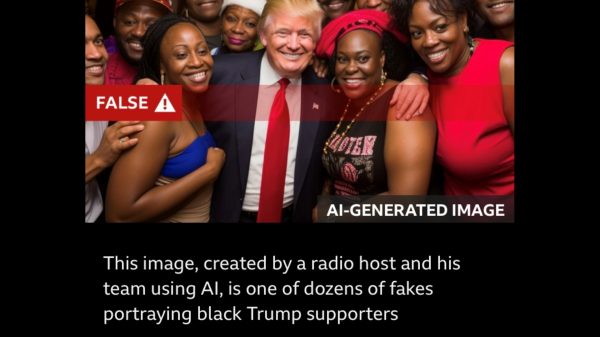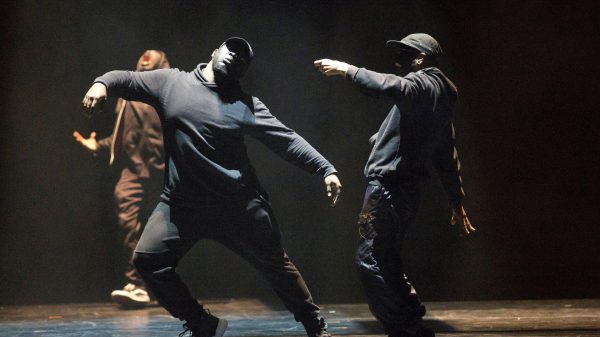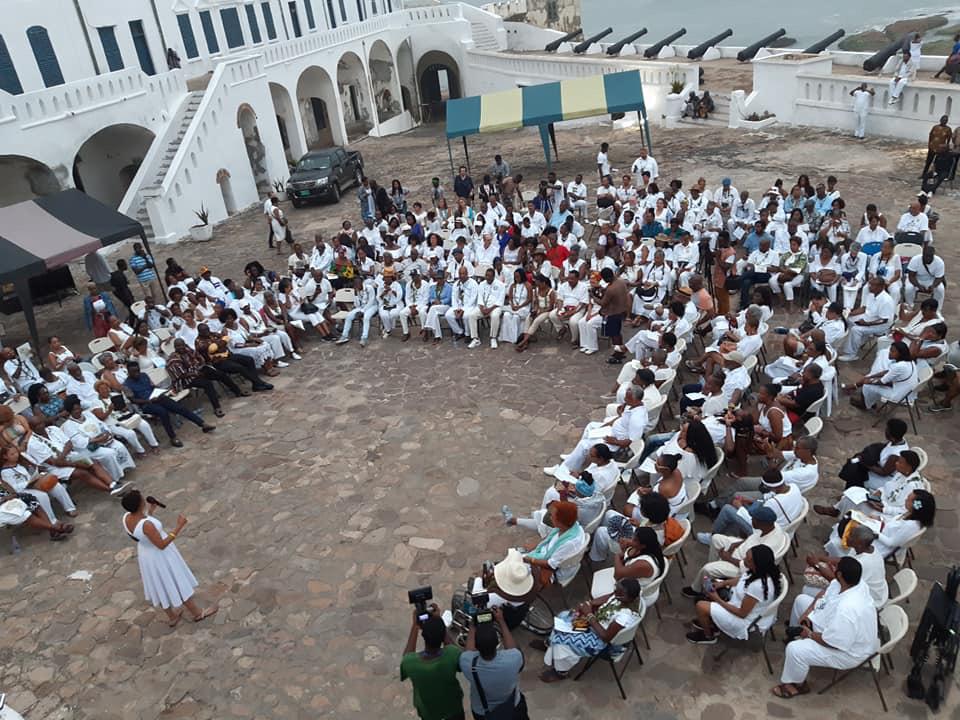Since 2003, AfricanAncestry.com has dedicated their business to giving Black people across the diaspora information about their histories – we speak to co-founder Dr Gina Paige about their work, and the importance of knowing your roots
Being curious about where you come from is all part of human nature – it’s why parents are cajoled into telling their children about ‘the birds and the bees’, and why celebrities sign themselves up for ancestry research programmes like Who Do You Think You Are without a second thought. Everyone wants to know their origin story – but for many Black people across the diaspora, there are limits to how far back in history you can easily go.
With the transatlantic slave trade ripping African people from their homelands and attempting to dampen their history, millions of descendants around the world today do not feel a full connection with their ‘roots’. However, with advances in technology and the commercialisation of ancestry science, DNA ethnicity testing kits are more popular than ever.
It’s estimated that more than 26 million people have taken an at-home test to discover something about themselves – so if you’re reading this now, there’s a good chance that you, or someone you know, is in that number. However, the accuracy of the DNA test you take depends on the other samples that are collected and available to compare yours with.
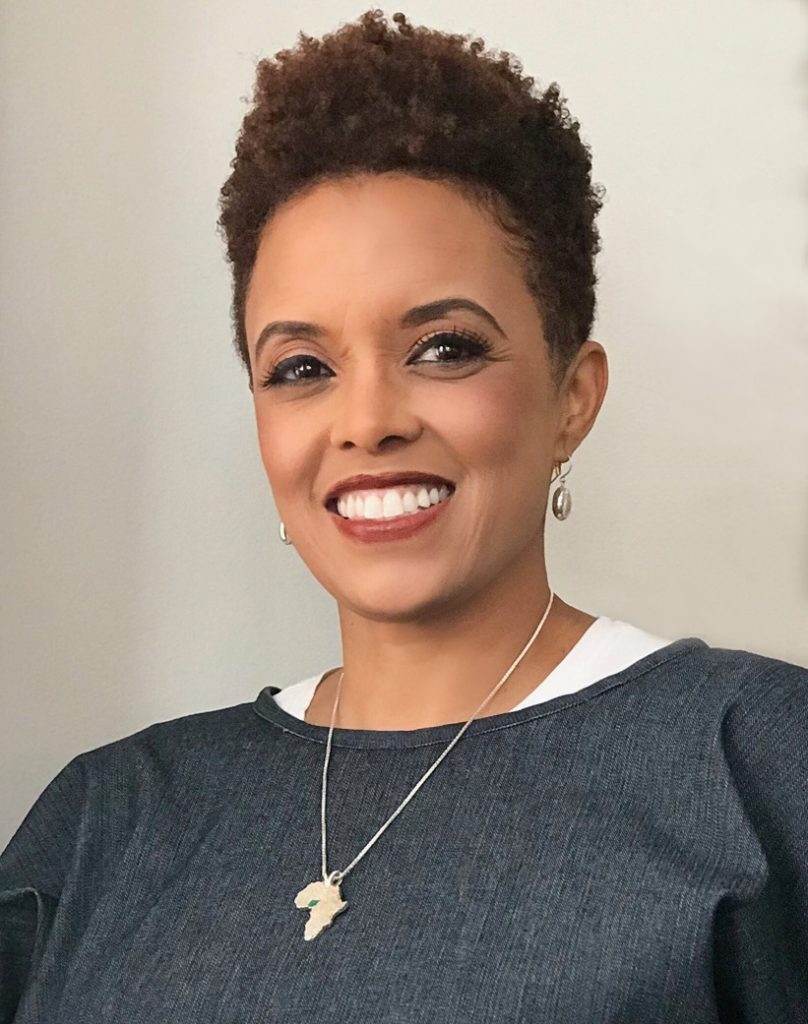
With that knowledge in mind, Drs Rick Kittles and Gina Paige decided to found a company that has a sole aim of giving people of African descent information about their ancestry, as well as their specific ethnic groupings – and in 2003, AfricanAncestry.com was born.
‘Our colleagues in the industry might take the DNA of their customer and compare it to the DNA of 621 Africans,’ Dr Paige tells me. ‘They may have hundreds of thousands of European samples, but only 621 African samples. African Ancestry takes the DNA of our customers and compares it to the DNA of 33,000 Africans –segmented by country, and specific ethnic groups. We have DNA from people in 40 African countries and about 400 ethnic groups.
‘So when we compare your DNA to our database, we’re comparing it to people whose sequence patterns are the same as the Mandinka people in Senegal, or the Mende people in Sierra Leone, or the Mbundu people in Angola, or the Fulani people in Mali. We have focused on creating this database, with a lot of specificities – so we’re able to give people a different kind of answer.
‘Your name, your language, your family – if you don’t know it, then you cannot know who you are, psychologically’
Using their own technology, Dr Gina Paige discovered that she is descended from the Fulani people in Nigeria, on her mother’s side, and from Kru people of Liberia and the Hausa tribe of Nigeria on her father’s side. Interestingly, she was able to learn this from her parents taking the tests on her behalf; as their biological offspring, she was able to use their genetic findings as her own, as were her siblings and aunts and uncles. Even from just one test, hundreds of relatives are able to learn something about where they come from – and for Dr Paige, who’s known of her heritage for over 15 years, it has had a true psychological impact on her knowledge of herself.
‘As Black people in the diaspora, our identity was stolen; we lost our names, we lost our languages, we lost the freedom to honour our ancestors and our families were torn apart, every step of the way. All these things that make up who you are: your name, your language, your family – if you don’t know it, then you cannot know who you are, psychologically. You don’t even realise how deep and impactful that void is until you fill it.
‘For these 400 years since the first arrivals of Africans to Jamestown, Virginia, other people have defined our narrative. So by finding out that I’m connected to the Kru people who were masterful sailors; who were known for navigating uncharted territories – clearly they were risk-takers, leaders. I see those things in myself, and now there’s some context. I can trace it back now, to a place, a culture, that gives me a sense of belonging and it successfully fills this void. So you really can’t tell me what you think I am, because I know who I am. Not only do I know that my ancestors created the United States, but I come from people who built empires.’
With 2019 marking the 400th anniversary of Black people’s presence in the United States, the Ghanaian Tourism Authority’s ‘Year of Return’ campaign has encouraged Black people across the diaspora to visit the country as a form of reconnection. As part of a special cohort, Dr Gina Paige and the African Ancestry team travelled to Jamestown in Ghana, with several customers, making something of a full-circle moment.
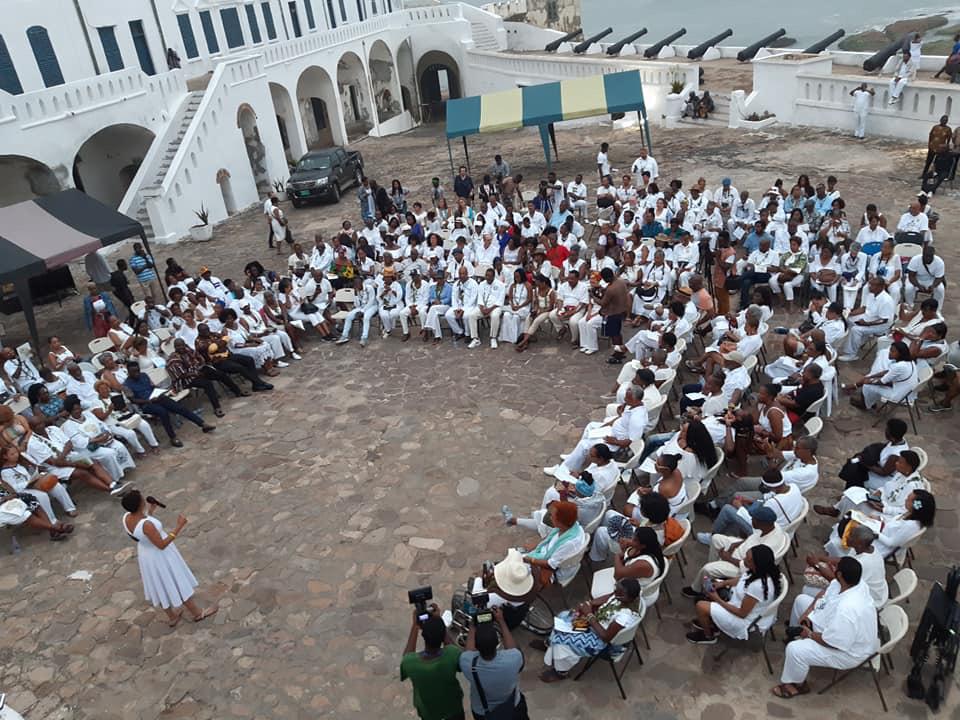
‘Coming out of the airport, and being welcomed by drummers and dancers, people saying ‘Akwaaba’ [‘Welcome’]… it’s almost indescribable,’ she recounts. ‘African Ancestry’s role in the trip was to host a reveal ceremony of the ancestries of 70 people who’d taken our test in advance, and we held that ceremony on the grounds of Cape Coast castle dungeons, one of the many fort that had slave dungeons where enslaved Africans were held before going onto a ship, never to come back home. We weren’t supposed to come back – but not only did we come back, but we went back 250 people strong, and we learned our connection to the land.’
Fittingly, this ceremony revealed the heritage of one of the families to be of Ghanaian descent, to much excitement from the group – and it’s clear to see why.
Of course, with the promise of such great gains from ancestry testing, there are always going to be some with concerns about giving away such intimate information; the tale of Henrietta Lacks, a Black American woman whose DNA was used without her consent to create the first immortalised cell line, has been a cautionary tale since its discovery. As well as recent scepticism over how far DNA information goes once its sent away for testing, Dr Paige acknowledges why some might have their reservations, but ensures me that they make it a key point of their business to keep their clients’ information safe:
‘For Black people, there is a long time valid concern both how our genetic information is being used – so from the beginning, before our company even started, we incorporated a system that maintains confidentiality of our customers’ personal, and genetic and financial information. The people who handle the genetic information only see a barcode number; they have no idea of the identity of the person who provided the DNA. Those are the things that we’ve made an integral part of our company since day one to ensure that we handle our customers’ information ethically and respectively.’
Having reconnected over 500,000 people with information about their ancestry in Africa, African Ancestry occupies a unique corner of the market – and with pop culture moments such as the popularity of Black Panther having contributed to the growth of the business in the past two years, here’s hoping that more and more people get reunited with their roots in this way.

